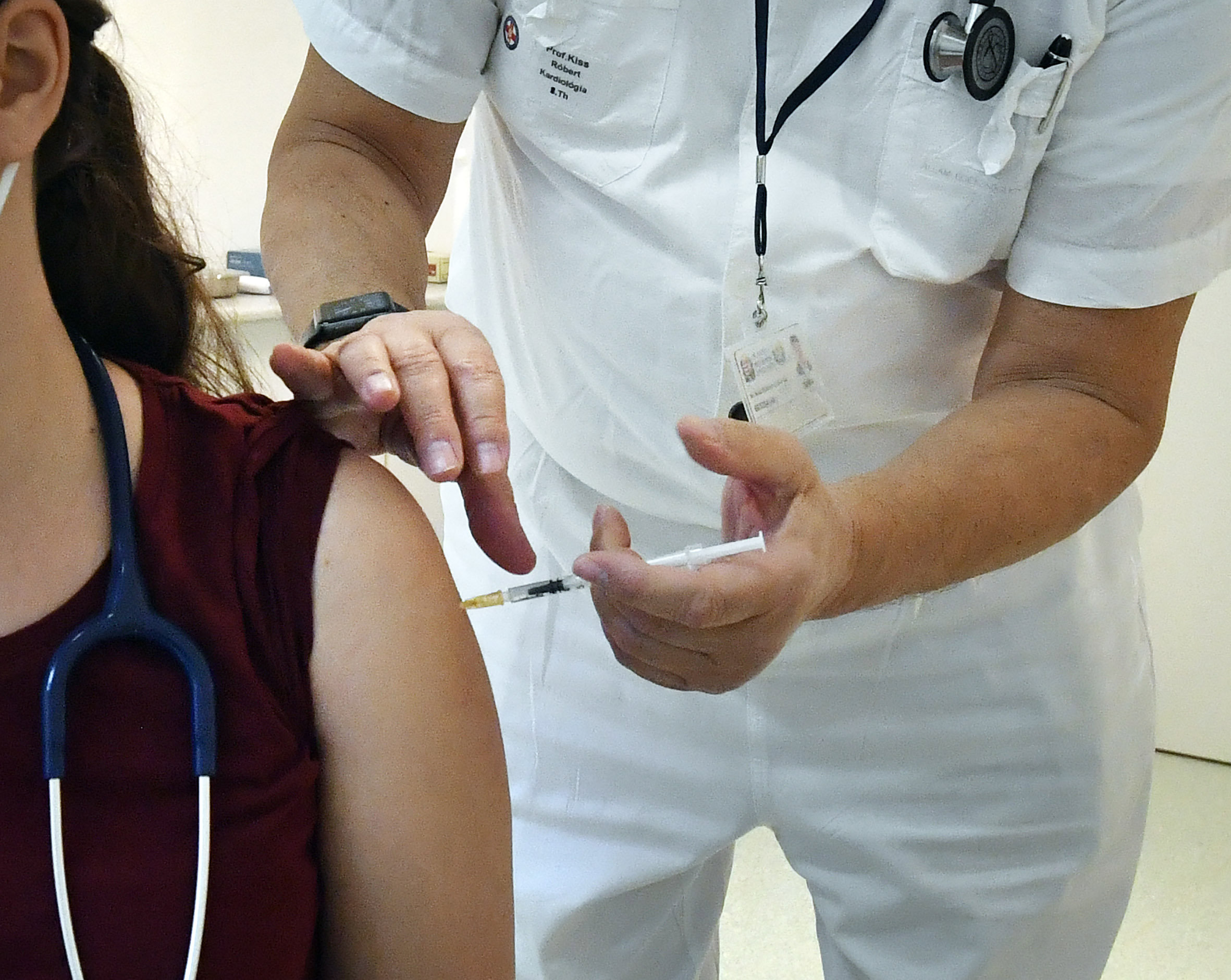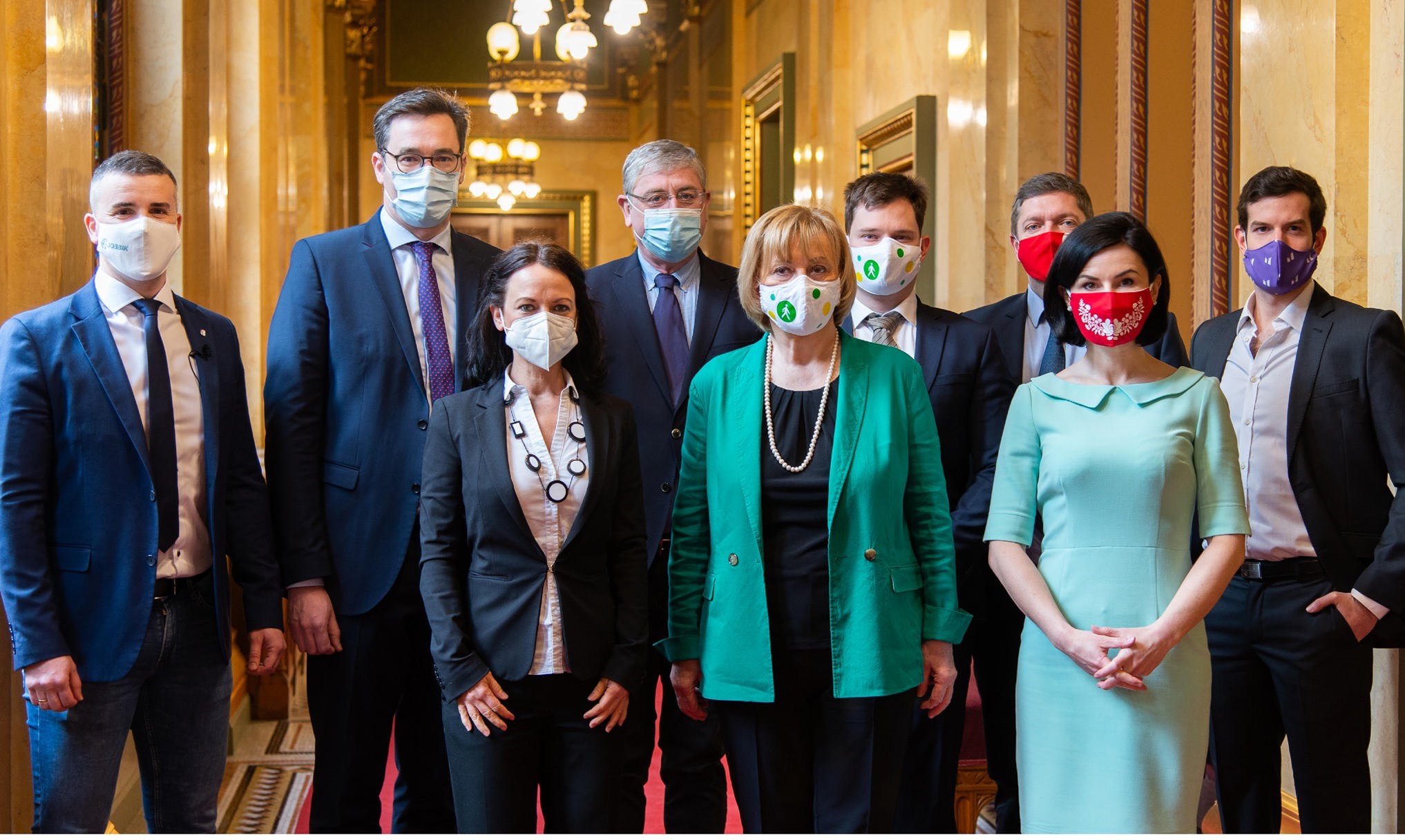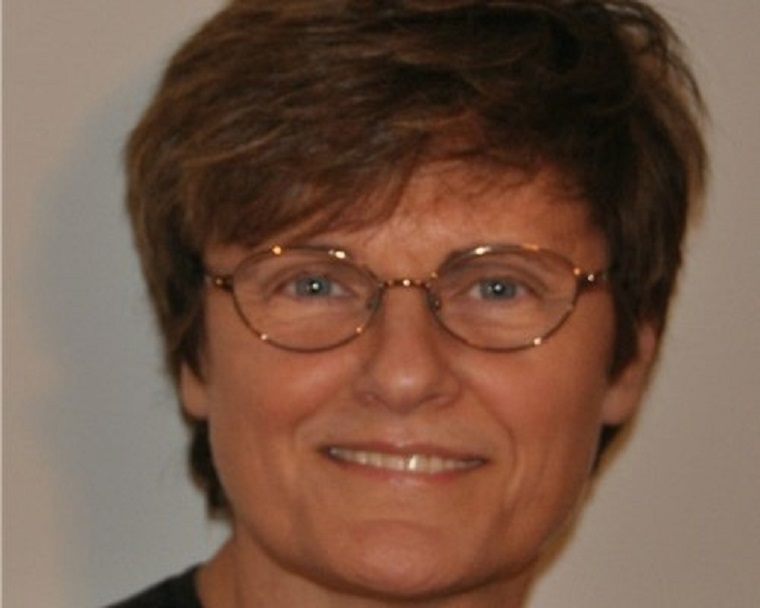Vaccinations in Hungary proceed slowly amid confusion over rollout plan
- Stay updated on the latest news from Hungary by signing up for the free InsightHungary newsletter:
Vaccinations against the coronavirus proceeded slowly in Hungary this week as signs indicated a lack of sufficient planning and organization to administer greater quantities of the vaccine as they become available.
Deliveries of the Pfizer-BioNTech vaccine continued to arrive in small quantities, with a new shipment of 39,000 doses arriving on Tuesday. Nearly 160,000 doses of the vaccine have been delivered to Hungary so far, enough to inoculate around 79,000 people with the two-step injection. As of Wednesday, 21,000 healthcare workers had been vaccinated since December 26 at the country's 25 injection sites, a relatively low number one prominent infectious diseases expert said could be due to the high level of vaccine skepticism in Hungary including among healthcare workers.
Recipients must undergo a second injection three weeks after first being inoculated in order to ensure total immunity from the virus. Authorities are storing the second-round of injections to administer to those that have already received the first dose.
While the number of doses available in Hungary remains relatively low, questions have arisen over whether the government has developed adequate plans to begin mass vaccinations once more shipments arrive.
In late November, Prime Minister Viktor Orbán declared that a vaccination plan had already been completed, and that the government had settled on 13,000 sites where vaccinations would be administered. But in a Wednesday letter sent to doctor's offices, the government sought to determine which offices fulfilled minimum requirements to be one of the 5,000 vaccination sites it hopes to establish, suggesting that the work on establishing such sites has only just begun.
A vaccination action plan that appeared on the website of the National Public Health Center last week gives no information on how mass vaccination will be rolled out, and in places appears to contradict previous government communication on registering for vaccination on a newly-launched government website.
The plan prioritizes groups to be vaccinated as follows:
- Healthcare workers (including pharmacists)
- Providers and recipients of social care (nursing homes)
- Persons over 60 years of age
- Law enforcement personnel that come into direct contact with the public
- Persons 18-59 with underlying conditions or comorbidities
- Critical infrastructure workers
- Persons 18-59 not falling into the above categories
The plan discourages social care recipients and law enforcement personnel from registering to be vaccinated, but recommends those younger than 60 with pre-existing conditions to do so, "though it is unknown how registration can be linked to underlying condition data." (There is no option for indicating underlying conditions on the vaccine registration page.)
It remains unclear whether the plan, described on the site as a recommendation from the National Public Health Center, has been approved or adopted by the government.
President of the Hungarian Chamber of Doctors, Gyula Kincses, told ATV on Tuesday that the plan lacked a strategy for practical application, and that his colleagues in the health field remain unsure of how to apply to be vaccinated and do not sense that the vaccination effort is well-organized. Kincses recommended prioritizing high-risk segments of the population, and urged efforts to increase the low level of willingness to receive the vaccine.
In a Sunday radio interview, Orbán said he was not satisfied with the pace of vaccines arriving to Hungary, but that inoculations would take place in healthcare centers and voting locations if a large quantity were to arrive at once.
Orbán also indicated that lockdown measures currently in place would not be lifted until an adequate supply of vaccine is available.
The Union of Teachers issued a statement Monday expressing dismay that the vaccination plan did not include separate protocols for vaccinating teachers, and demanded that educators be prioritized since they are in daily contact with the public and thus qualify as "front line" workers. The Union also questioned Orbán's statement that voting sites would be used to administer vaccinations, since many schools and daycare centers are traditionally used during elections.
Hungary has ordered around 4.4 million doses of the Pfizer-BioNTech vaccine, and the government says that with other developers it has secured rights to more than 17 million total doses.
On Monday, Foreign Minster Péter Szijjártó announced that 6,000 doses of the Russian vaccine Sputnik V had been delivered to Hungary, and that health experts would make a decision on how to administer them.
But in the Sunday interview, Orbán suggested that Hungary would not go through with its long-standing intentions to administer Sputnik V, citing a lack of adequate production capacity in Russia.
"We know that the Russian vaccine is good, but there isn’t enough of it and there probably won’t be, because the production capacities over there are limited," he said, adding that "the Chinese vaccine" appears promising and that Hungary will be able to access larger quantities sooner from China.
"In an ideal scenario one would be able to choose whether one wants to be vaccinated with a vaccine from the Western world or with the Chinese vaccine," he said.
In December, Orbán claimed that with enough vaccines Hungary could inoculate its entire population in a weekend.
As of Thursday, 10,325 coronavirus-related deaths were recorded in Hungary, representing more than 1 out of every 1,000 inhabitants in the country.
Opposition parties agree on six points for coalition governance
The leaders of Hungary's six major opposition parties signed an agreement Tuesday outlining their plan for coalition governance in the case of their victory over Fidesz in 2022 parliamentary elections.
Ferenc Gyurcsány (Democratic Coalition), András Fekete-Győr (Momentum), Péter Jakab (Jobbik), Timea Szabó and Gergely Karácsony (Dialogue), Erzsébet Schmuck and Máté Kanász-Nagy (LMP), and Ágnes Kunhalmi and Bertalan Tóth (MSZP) agreed on six points that they would follow as fundamental governing principles:
- A nation at peace with itself
- A democratic rule of law state
- Governance looking toward the future
- A thoughtful society
- A fair economy
- A European Hungary
The parties have committed to coordinating their candidates in each of Hungary's 106 electoral districts to have a single joint candidate face off against each Fidesz opponent. They also announced in December that they would field a single nationwide list after the Fidesz supermajority in Parliament passed election law amendments that increased the burden on parties that wish to form their own lists.
Speaking at an online conference from Parliament after the signing of the agreement, Jobbik chairman Péter Jakab said that if victorious, the opposition parties would establish social peace and reunite the nation. The fact that the parties were able to overcome their political and ideological differences to unite against Fidesz represents a guarantee that the coalition can achieve those goals, Jakab said.
"We consider everyone as part of the nation, and we will represent everyone who identifies as Hungarian regardless of their origin, who they vote for or where they live in the world...We won't be a government of six parties, but of 15 million Hungarians," Jakab said.
Orbán criticized for condescending language toward female developer of Covid-19 vaccine
A biochemist that played a key role in developing the Pfizer-BioNTech Covid-19 vaccine has become a subject of debate after Prime Minister Viktor Orbán referred to her using an antiquated term for women.
Katalin Karikó, the Hungarian-born vice-president of BioNTech which paired with US-based Pfizer to create the vaccine, pioneered research on the genetic code RNA that was used to develop the first coronavirus vaccine approved in the West.
Commenting on Karikó's achievement in a radio interview on Sunday, Orbán said that the Pfizer-BioNTech vaccine is "actually a Hungarian vaccine...Most of the researchers or those managing the research are Hungarians. With a little exaggeration we can say that this is a Hungarian vaccine in which there is American money and Hungarian brains. We can be proud of our scientist woman, who as I am told is an ‘asszonyság’ from Kisújszállás.”
Orbán's use of the term "asszonyság" - which several linguists have said is a condescending term for a simple, uneducated woman of low social status - sparked outrage, including among female opposition MPs Bernadett Szél, Timea Szabó and Anett Bősz.
Szabó said in a Facebook post that Orbán's comments represented "everything the entire government thinks about women and science."
Karikó studied at the University of Szeged but immigrated to the United States in 1985 after being laid off at the Szeged Biological Research Center. In an interview, she said she'd have become a "complaining, mediocre researcher" if she'd remained there. Karikó's achievements in developing the Pfizer-BioNTech vaccine have placed her in the running to receive a Nobel Prize.





